Top Feedback: Will Microsoft Listen to Concerns about “Don’t Kill Android (WSA) in Windows 11”?
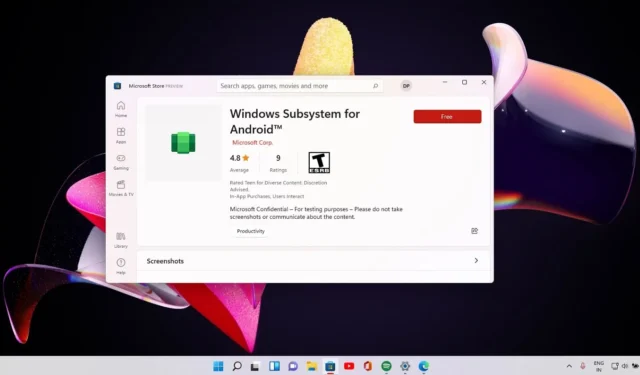
The Windows Subsystem for Android (WSA) in Windows 11 is set to be discontinued in 2025, as both Microsoft and Amazon will cease its support. Although WSA is operational in the current Windows 11 version 24H2, the removal from the Microsoft Store will mean that users can no longer install it.
While many users may not see the value in the Amazon Appstore, the issue lies in the tight integration of WSA with the Amazon Appstore. To utilize WSA, users must first download the Amazon Appstore, which subsequently leads to the installation of WSA by Microsoft in the background.
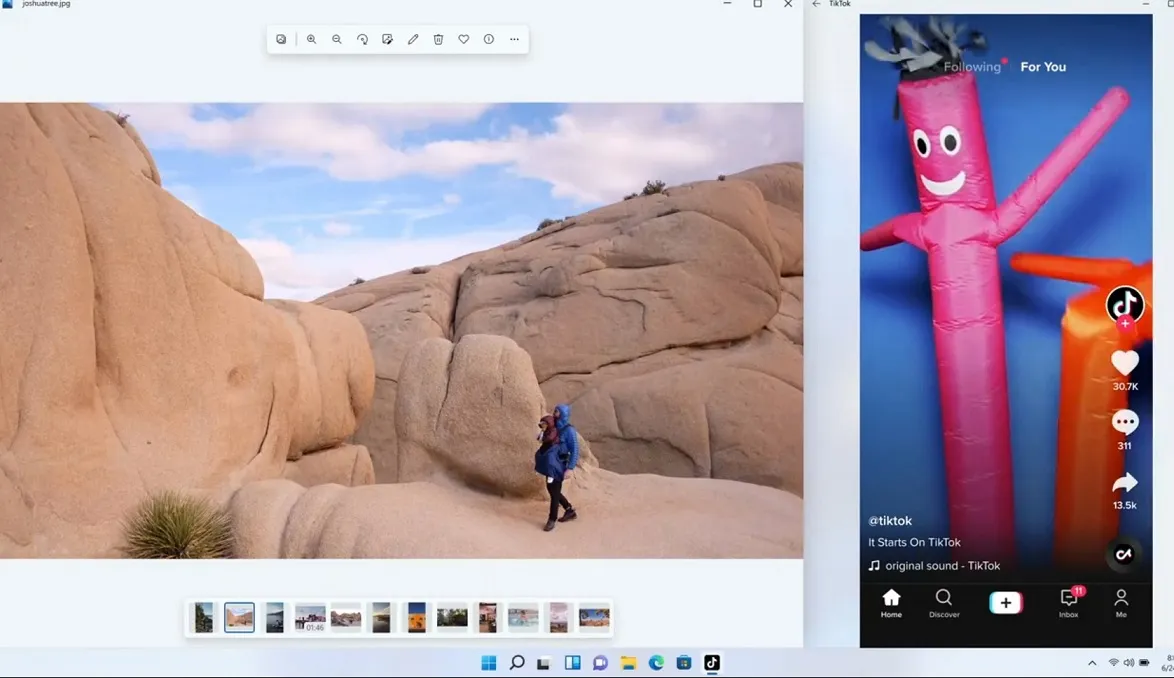
The impending deletion of the Amazon Appstore from Windows signifies that WSA will also become non-functional on Windows 11. A support document from Microsoft has indicated that both WSA and the applications acquired through the Amazon Appstore will lack support after March 5, 2025.
Nonetheless, users can still access WSA in Windows 11 version 24H2 if they have previously downloaded the subsystem or retained a copy. It’s likely that in 2025, a Windows update from Microsoft could disable or eliminate WSA features and components necessary for its operation.
Concerns have emerged among users who fear such changes, leading to calls for Microsoft to reconsider its decision to terminate WSA support in Windows 11.
“Just let me keep WSA,” users urge Microsoft to maintain WSA in Windows 11
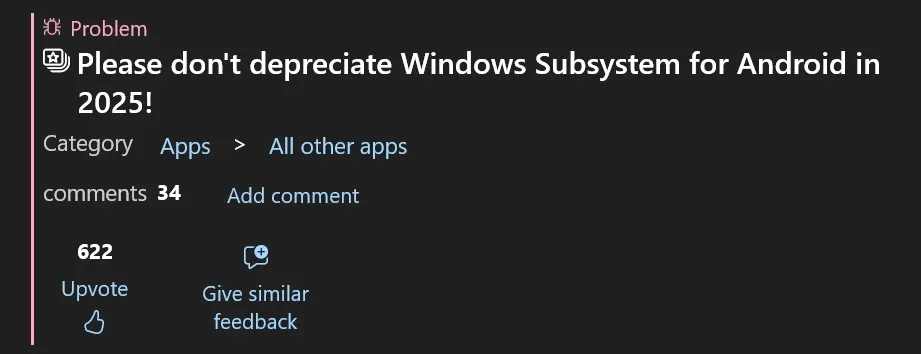
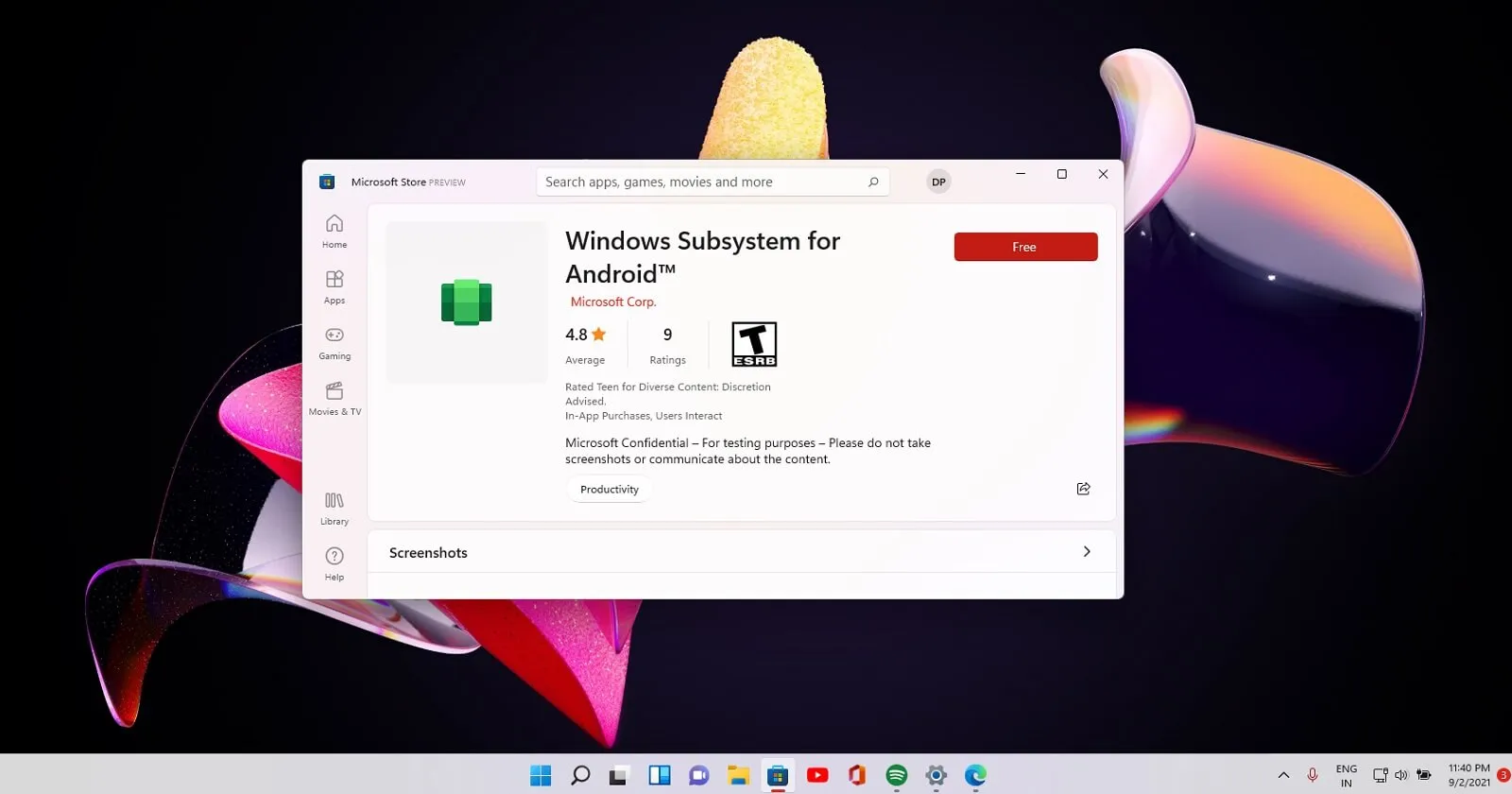
A significant number of users depend on WSA to access Android applications that aren’t available natively on Windows 11. For instance, one user shared their experience saying, “I just purchased a Surface Pro 9 5G to replace my iPad… and the ability to run Android apps was a major factor. As a business user, I no longer require an iPad. WSA has become an indispensable tool for me, despite its lack of refinement. Please continue to develop it, as it is invaluable.”
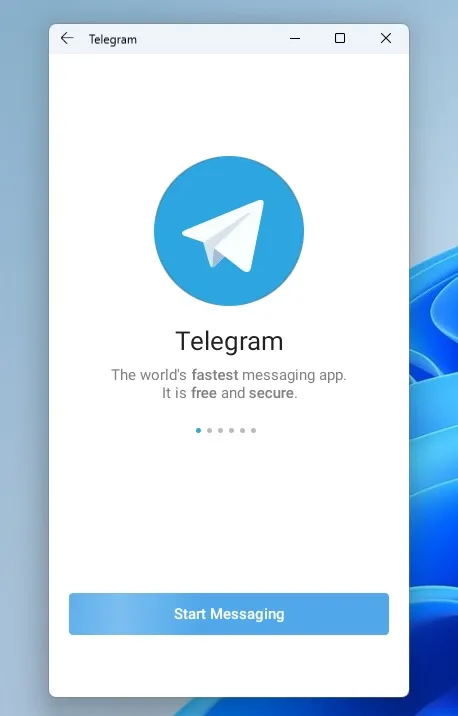
Another user stated, “I utilize F-Droid for tools available on Android, but not on Windows.”
Additionally, users pointed out that Android applications often outperform their Windows counterparts. “The Windows version of the Apple Music app is quite buggy… however, the Android app runs nearly flawlessly through WSA.” They emphasized that removing WSA “intentionally diminishes the utility of my computer.”
For developers, WSA represents an essential resource for efficiently creating Android applications within the Windows 11 ecosystem. One developer remarked, “When developing an Android app, it’s crucial to view it in a production-like environment, and WSA provides that capability by enabling the launch of developed APKs for user acceptance/beta testing.”
One developer emphasized the necessity of keeping WSA, especially for professionals who utilize it for development and testing purposes.
However, disappointment extends beyond this issue. Some users are frustrated by Microsoft’s trend of announcing promising features only to abandon them later, citing Cortana’s discontinuation and replacement with Copilot, which lacks a proper Windows app.
Will this intense feedback influence Microsoft’s decision? It seems unlikely.
Why is Microsoft discontinuing WSA in Windows 11?
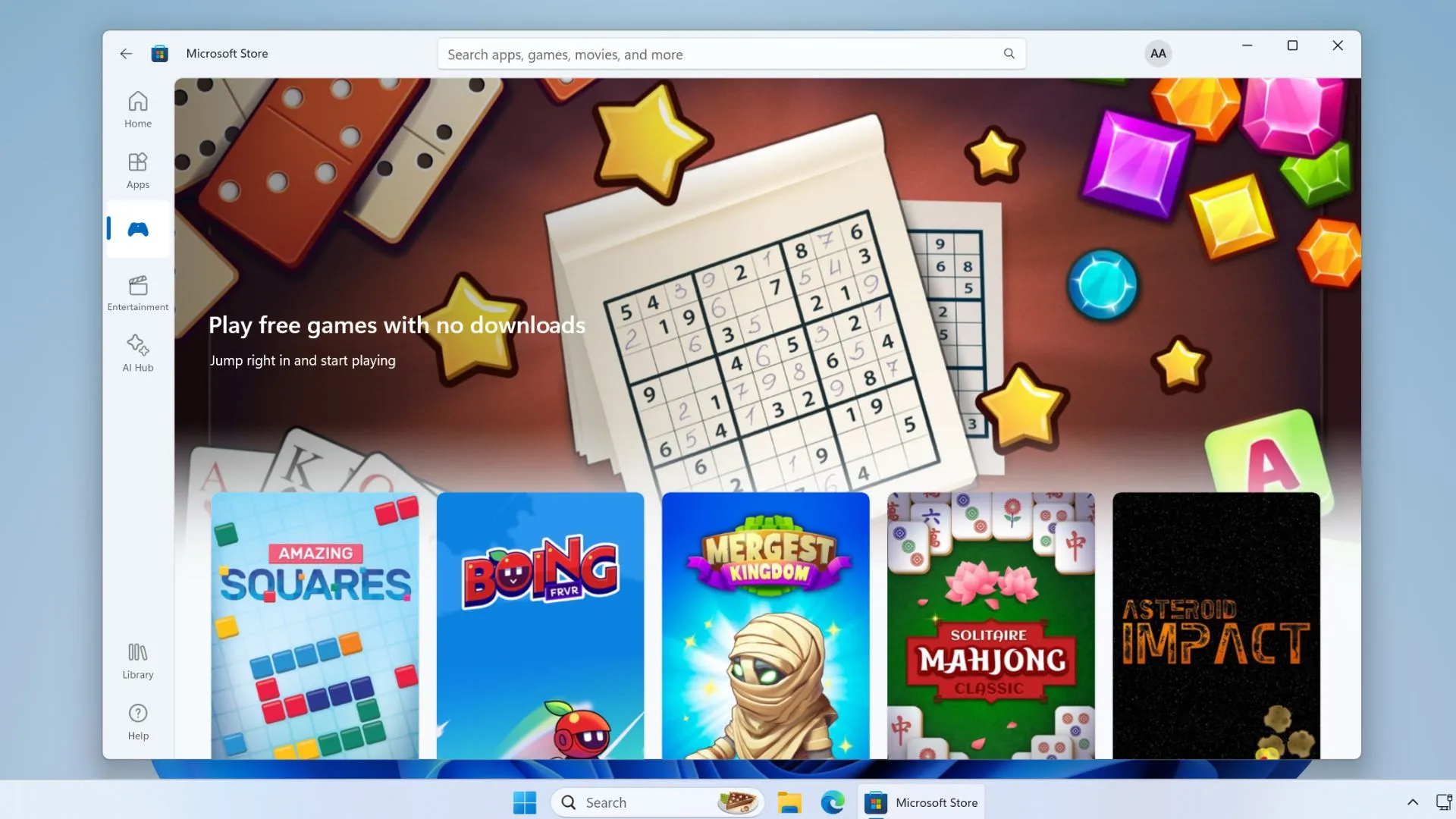
As reported by Windows Latest, the Android initiative for Windows 11 has been sidelined due to low revenue from the Microsoft Store.
The team working on WSA was reliant on revenue generated from the Microsoft Store, which ultimately did not meet expectations, leading to the WSA project being scrapped to cut costs. A former Microsoft developer, Andrew Clinick, indicated that revenue from the Store was crucial to covering WSA’s development expenses.
Clinick, who held the position of Partner Group Program Manager for WSA, stated, “Store revenue funds the expenses and salaries of the WSA team. In contrast, WSL contributes to Azure and operates as a profit center. WSA without a store is impressive but doesn’t financially benefit Windows.”
Another significant factor in WSA’s struggles was the absence of support from Google. According to a former WSA Program Manager at Microsoft, Google’s withdrawal from the project signified its doom: “Honestly, once Google stepped back, the project was doomed.”
While it’s a fact that the Microsoft Store has had poor financial performance and that the Play Store would have been a more appealing option for both developers and consumers, it’s essential to acknowledge the mismanagement from Microsoft surrounding WSA’s release.
The subsystem was not delivered on schedule, and initially, it was confined to U.S. users. By the time it became available in other regions, the opportunity had passed, and distribution was limited to a few testers enrolled in the Windows Insider Program. Even today, WSA remains inaccessible in many countries.
This paints a clear picture of how poorly Microsoft navigated the launch of WSA, leading to a likely abandonment of the project.


Leave a Reply